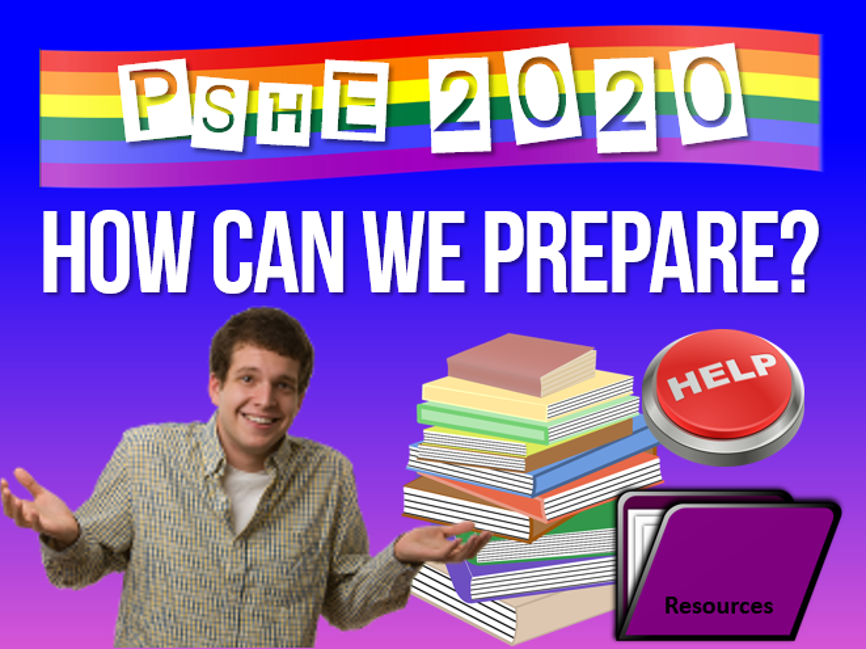
Our 5 Top Tips for Teaching your Most Able Students
More able; G&T; MAT – there are myriad trendy ways that have been dreamt up in Educationspeak to describe the more adept learners in your classroom, and just as many strategies designed to ‘stretch and challenge’ the budding little whizzkids. Our resident G&T expert gives her top 5 tips for teaching high-ability students.
1. Set Your Assumptions Aside
More able learners are, shock horror, primarily people. This means that, regardless of their ability to excel in your subject, they will be vastly different from each other, with their own set of preferences and needs. Some will be introverts; some will be extroverts. Some will revel in their status as high achieving; some will be embarrassed by it. Some may never reach their full potential because of other factors, like peer pressure, poverty, family commitments, etc. Some will be eager to please; some won’t give a flying fig. Some will engage happily with their classmates; some will feel socially isolated as a result of their ‘differentness’. There is no ‘gifted and talented’ personality. There are just kids who are impressively (or irritatingly) good at what you’re asking them to do.
2. Be Led By Them
Because there’s no one personality type, your approach needs to be led by the individuals in your class. Let them set the tone. It’s great to create leadership roles and special responsibilities if the student wants them – and some will jump at the chance. But some learners don’t want to feel singled out; as if being a teenager wasn’t mortifying enough, the last thing some students need is another reason to feel alienated from their peers. So take your cues from the individual students, and have a word with them before you assign them to be your Super Expert Special Class Assistant, or whatever potentially humiliating role you had in mind for them.
3. Help Them Fail
Able students are especially at risk of that scourge of the education system that we know as the Fixed Mindset. This is because, for many able learners, their identity and pride are associated with their natural skill in their subject(s). You might have encountered the kind of student who gets all A*s at GCSE, plays numerous instruments at Grade 8 level, and has an array of Gold medals, only to be turned into a blubbering wreck after failing her driving test, because it’s the first time she’s ever been told that she wasn’t good enough. You need to normalise failure and take the sting out of being ‘wrong’. Get creative or competitive with this – ‘who can come up with the wrongest answer to X?’
4. See Them In Different Contexts
Remember that what makes an able student in your subject often has no bearing on what other subjects are looking for: an amazing Drama student, for example, might make the world’s most mediocre Physicist. Seeing the students that you perceive as gifted applying themselves in other subjects is really useful for you, because you can see what holds their interest in other subjects (and if they get bored, why are they bored?). Of course, you will get the students who appear to be gifted at everything – but this is useful too: do they behave in the same way in this class as they do in yours? Why or why not?
5. Encourage Their Interests
Finally, the most important thing a teacher can do for a gifted student is to nurture their interests. If the student is able in your subject, they will likely be interested in it, so design tasks that allow students to ‘go deeper’. Many able students will already be researching their subject in their spare time and may only need pointers; some will need the confidence to start believing that such things are possible for them at all. Whatever the personality of the child, you have the privilege and responsibility of fanning their spark into a full-on blaze.
Written by Kate Knight. Kate is an English teacher, lexicographer, Oxford University graduate and Gifted and Talented consultant. She lives in England with her partner and enjoys healthy cooking, writing and improv comedy.




